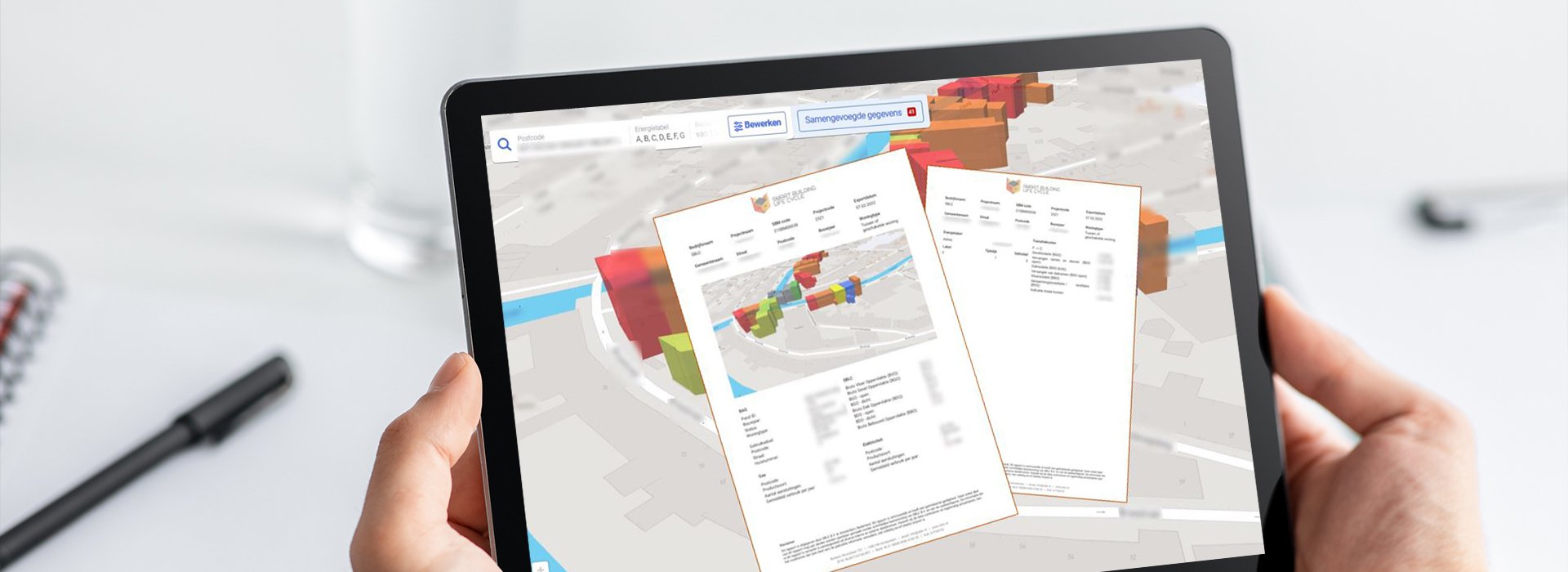Smart Building Life Cycle (SBLC) is a young company in the technical services sector. Its focus is on analysing the energy performance of buildings, presenting the options for improving it, and the budgets needed to do this, on various levels: individual, street, neighbourhood, local authority area or portfolio.
The government aims to achieve ambitious targets for energy savings and CO2 reduction by 2050. Local councils, housing associations, owners’ association managers and homeowners are crucially important for a successful energy transition.


